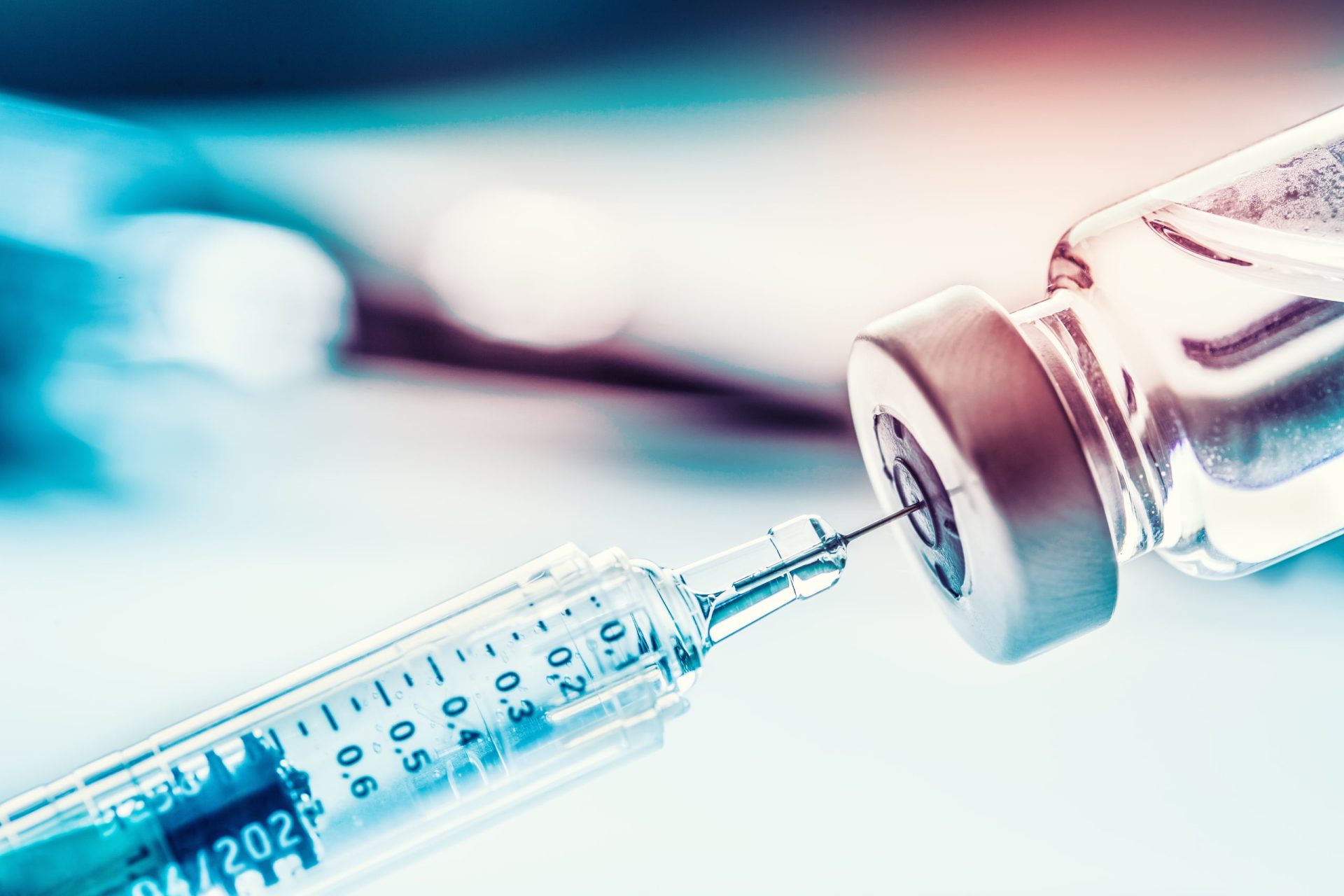
All bacteria produce polysaccharides on their surface. Among the carbohydrate chains’ many functions is protecting the cell membrane. Charles Gauthier, chemist at the Institut national de la recherche scientifique (INRS), decided to use the defence system and turn it against the bacteria. He developed a carbohydrate-based vaccine that attacks the bacterium that causes melioidosis—an infectious disease with a 50% mortality rate that is resistant to antibiotics. The project’s preclinical phase, which is set to begin soon, will shed light on the immune response in mice.
Our immune system partly defends itself against melioidosis, since it recognizes the carbohydrates on the surface of the bacteria and generates antibodies. But the disease is so aggressive that the body doesn’t have enough time to react. By exposing the immune system to the carbohydrates prior to infection, the researcher hopes that antibody production will be significant enough to fight the disease and provide sterilizing immunity. To create a glycoconjugate vaccine, he combined the carbohydrates with a carrier protein.
Working with Burkholderia pseudomallei, the bacterium that causes melioidosis, is a challenge in itself. Because it can cover very long distances in particle form, it is considered a potential biological weapon. To avoid handling such a highly dangerous bacterium, Charles Gauthier developed polysaccharide mimics in the lab and has high hopes for one type in particular: lipopolysaccharides (LPS). The LPS molecules he synthesized were recognized by the antibodies of individuals with melioidosis. Now, the next step is to test the concept in mice.
